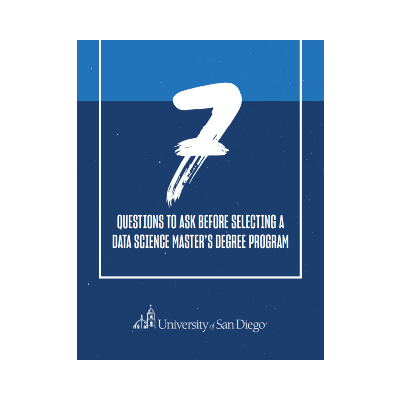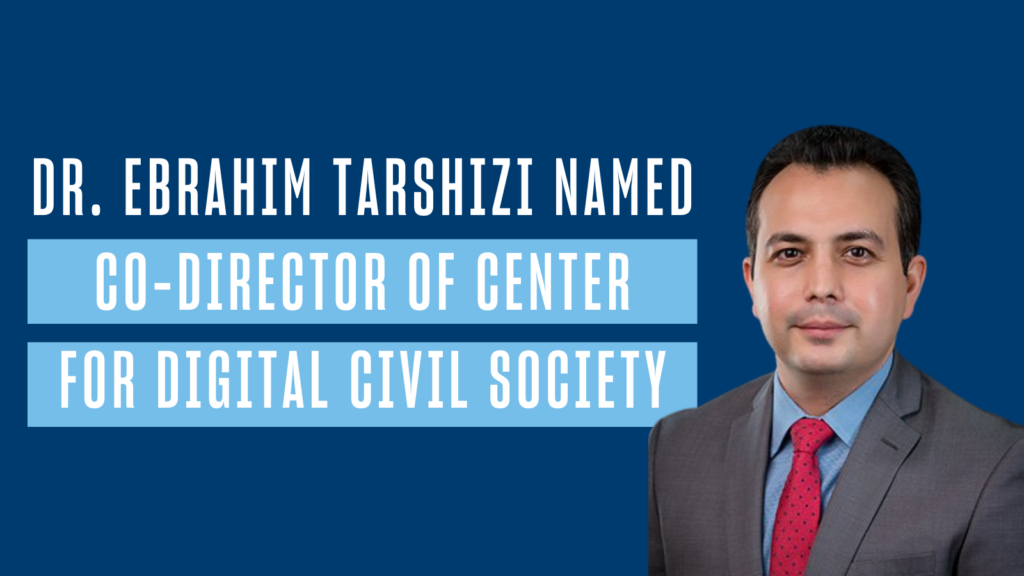Data-related careers are taking off, and if you enjoy combing through numbers and information to extract valuable information and discover patterns, a career in data mining might be worth exploring. In this career guide, we explore typical responsibilities of a data miner, the type of salary you can expect and what skills and education are needed to succeed in this fast-growing position.
What Is Data Mining?
Data mining is the process of analyzing data and extracting helpful information. Here are a few more comprehensive definitions:
“Data mining is a process used by companies to turn raw data into useful information. By using software to look for patterns in large batches of data, businesses can learn more about their customers to develop more effective marketing strategies, increase sales and decrease costs. Data mining depends on effective data collection, warehousing, and computer processing.”
— Investopedia
“Data mining, also known as knowledge discovery in data (KDD), is the process of uncovering patterns and other valuable information from large data sets.”
— IBM
What Is a Data Miner?
A data miner, or a data mining specialist, is a skilled professional who looks through, analyzes and reviews a company or organization’s raw data with the goal of looking for patterns or other types of helpful information.
What Does a Data Miner Do?
Specific responsibilities will vary depending on the position, but here are some typical expectations:
“Data mining specialists are tasked with a variety of responsibilities within an organization. The data mining specialist uses data analysis programs to research, mine data, model relationships, and then report these findings to the client using data visualization techniques, such as graphs, bar charts, scatterplots, and so on. Data mining specialists generally work with three types of data which can be categorized as (1) transactional, (2) non-operational, and (3) metadata. ”
— Discover Data Science
Here are some real-world examples pulled directly from data-related job postings:
- Create appropriate data solutions (dashboards, reports, business intelligence tools, etc) and data analysis for the measurement of processes and outcomes.
- Apply analytic techniques including optimization, simulation, machine learning, statistical analysis, data engineering, and multi-objective decision analysis to deliver innovative solutions and inform senior leadership decisions.
- Lead an organization-wide team of other data science professionals in complex projects to mine data using modern tools and programming languages.
- Define and implement models to uncover patterns and predictions creating business value and innovation.
- Represent the business at data science events, forums, and boards.
Types of Data Mining Careers
A search for “data miner” jobs will turn up thousands of related positions with varying titles and responsibilities, such as:
- Data Mining Analyst
- Data Analyst
- Data Mining Specialist
- Data Mining Engineer
- Data Scientist
- Business Data Analyst
- Senior Analyst, Data Intelligence
- Operations Research Analyst and Data Scientist
Data mining applications will also depend on the industry and specific job responsibilities. Examples include:
- Identifying unusual patterns in medical claims or purchases to track fraud.
- Helping insurance companies identify customer behavior.
- Assisting banks in classifying customers and services like loans, credit card spending limits, rewards, discounts, etc.
- Tracking energy consumption in different geographic locations.
- Collecting and tracking customer details, transactions and product sales in retail and e-commerce environments.
- Tracking what type of media people consume in order to make content recommendations and improve the user experience.
- Analyzing development to understand a student’s progression.
- Helping classify information for intrusion detection, including security breaches, attacks, etc.
Steps to Becoming a Data Miner
The first step to becoming a data miner is to obtain a relevant undergraduate degree, typically in computer science, data science, statistics or math.
You’ll want to find an entry-level data-related position, such as data analyst, that can equip you with foundational knowledge and experience. Internships and informational interviews are also two excellent ways to obtain experience, information on the industry, and get your foot in the door.
If you want to advance your career in data, consider earning relevant certifications and a master’s degree since many senior-level positions require additional education.
Skills Needed to Become a Data Miner
If you’re considering a career in data mining, there are certain hard and soft skills that are typically required:
- Proficiency in programming languages (Python and R are the most popular)
- Ability to process big data frameworks
- Proficiency with Linux
- Database knowledge
- Basic statistics knowledge
- Knowledge of data structure and algorithms
- Knowledge of machine learning/deep learning algorithms
- Knowledge of natural language processing algorithms
- Communication skills
Data Miner Salary Information
Salaries for data mining jobs will depend on the company and your specific responsibilities. Here are some numbers that will provide a realistic idea of what to expect:
- The average salary for a data mining analyst position ranges from $76,189* to $87,520. A data mining specialist earns around $65,000.
- Related positions, such as data scientist, have an average salary of $100,910.
- The average salary for jobs with data mining skills is $178,764.
*Salary information may fluctuate in real time due to changing data.
Data Mining Job Outlook
In general, data-related jobs have become increasingly popular, and the outlook for continued growth is quite promising. Employment for data scientists, which is closely related to data mining, is projected to grow 36% from 2021 to 2031, which is much faster than the average for all occupations.
Data-related jobs are also showing up on a variety of “best of” lists due to their increased growth rate and high salaries. In fact, the position of data scientist consistently ranks near the top of U.S. News & World Report’s lists of Best Technology Jobs, 100 Best Jobs and Best STEM Jobs.
Another popular resource, the World Economic Forum’s Future of Jobs Report, lists data analysts, data scientists, AI and machine learning specialists, and big data specialists in the top 20 jobs in increasing demand across all industries.
Companies Hiring Data Miners
If you’re interested in working in data, there’s good news — data jobs are everywhere! Since data is valuable no matter the industry, you can choose to work in healthcare, education, business, retail, entertainment, sports — the possibilities are endless.
A search for “data mining” jobs on LinkedIn revealed thousands of openings, with the following companies hiring:
- M&T Bank
- TikTok
- CARFAX
- Freddie Mac
- American Red Cross
- National Security Agency (NSA)
- NBA
- Major League Soccer
- CVS Health
- ZipRecruiter
- Massachusetts Institute of Technology
- General Mills
- Federal Reserve Bank of New York
- Moderna
- GEICO
- U.S. Department of Labor
- IBM
Frequently Asked Questions
If you’re ready to explore advanced degree programs, we invite you to consider the University of San Diego’s Master of Applied Science in Data Science, which is designed to equip graduates with the technical knowledge, skills and strategies needed to apply powerful and modern analytical tools to real-world applications. Have specific questions about the program or admissions process? Contact our enrollment advisors for more information.




